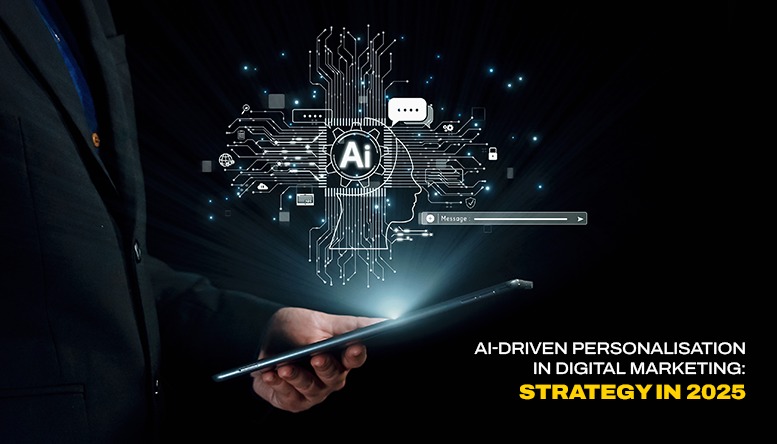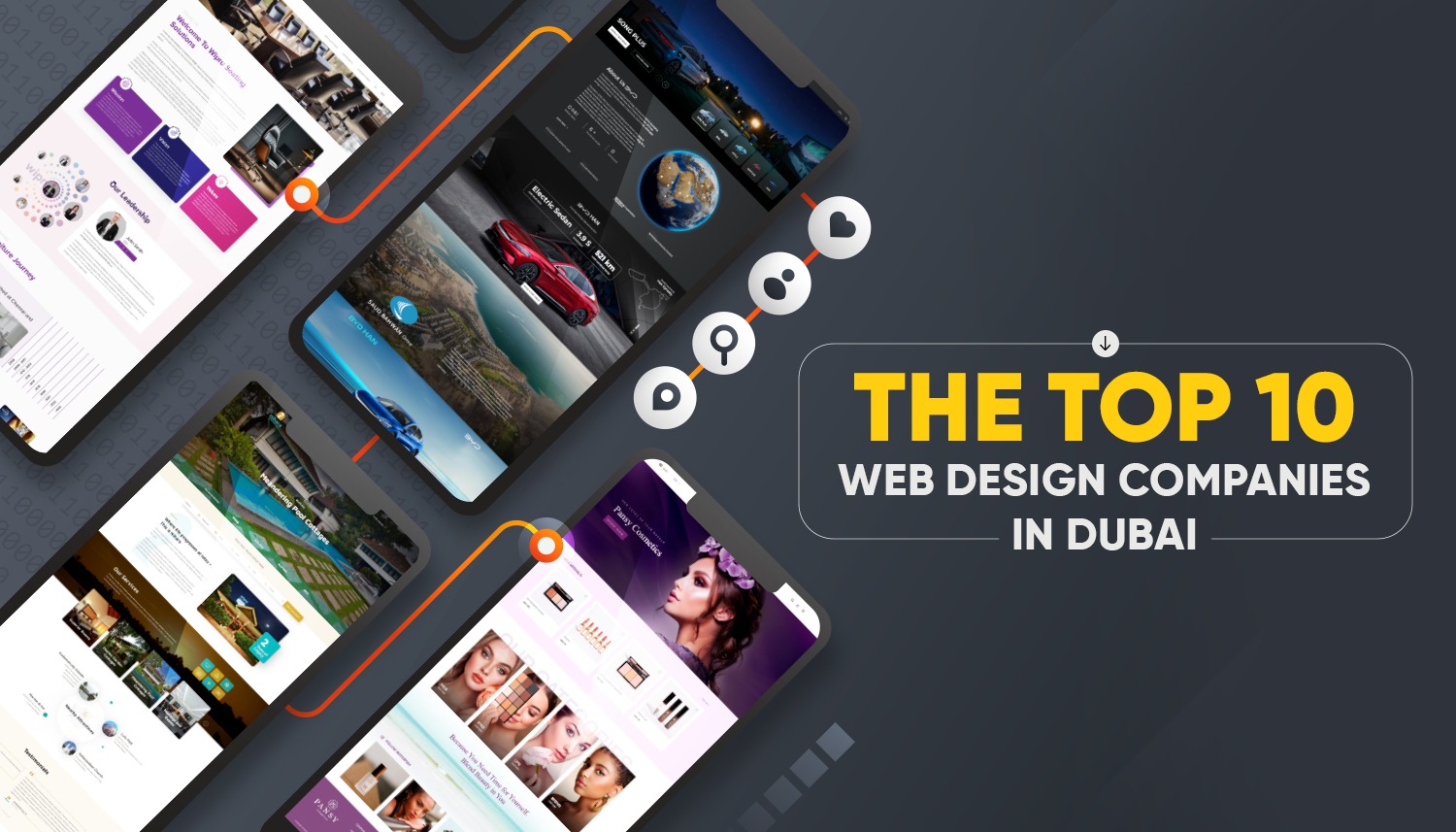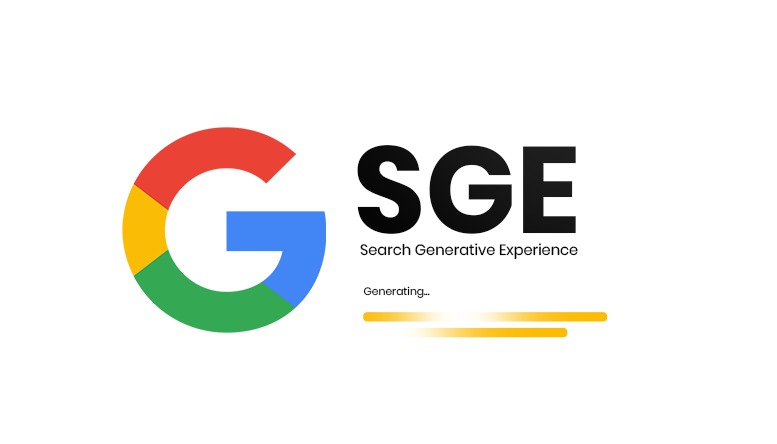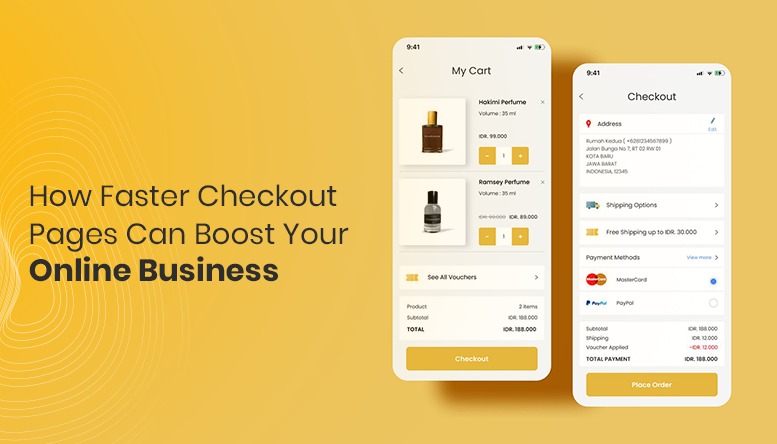The Rise of AI‑driven Personalisation in Digital Marketing: What it Means for Your Strategy in 2025
- November 17, 2025
- Post By: Inter Smart's Content Team

There is no question that AI will completely transform personalisation. But even AI is as useful as the person making it do the work. Let’s examine why!
The year 2025 is no time for old marketing tricks. While your competitors are still tinkering with the idea of generic messages, you might want to start using the customer experience method. And trust us, your customers don’t care if you address every email with their name; they want to feel understood.
And this is where AI makes the crucial difference.
Why AI Personalisation Will Become the Standard in 2025
Let’s be real about the scope of AI: 92% of companies are already using AI-powered personalisation, and for good reason.
But that’s only half the story. Your customers are bombarded with hundreds of messages and emails every day. Those who don’t personalise are ignored. One HubSpot study shows that personalised calls to action perform 202% better than generic ones. That’s not a small difference at all.
The crazy thing is, 54.8% of marketers are optimistic that AI can increase efficiency and personalise interactions. But most still struggle to put it into practice.
What is hyper-personalisation?
Forget everything you thought you knew about personalisation till now. It’s a different ballpark altogether now.
It used to be simple: insert a name into the email, and you were done. Hyper-personalisation is something completely different. It’s about your system’s understanding of what a customer needs by calculated assumptions.
In a scenario of a user visiting your website at 7:00 PM, on a mobile device, probably from Abu Dhabi. They look at three products but abandon their cart. The behaviour is instantly recognised by intelligent AI systems, and an immediate reaction is possible, for example, personalised product recommendations as per browsing behaviour, geolocation, time of day, and device type.
Netflix and Amazon are examples of companies which have been illustrating the concept for several years. The huge conversions are produced by their AI-based recommendation systems. Business leaders see hyper-personalisation as key to transforming marketing strategies.
How AI Works in Your Marketing
A lot of marketers still consider AI personalisation to be a very intricate process. It’s not that hard in reality, granted the technology is indeed sophisticated, but its use is surprisingly user-friendly.
Contemporary AI collects data from different places, such as buying history, search behaviour and previous communication. After that, it not only does the statistical analysis but also, in real time, based on that, it draws a conclusion. The machine is always learning new things and changing.
Google’s AI Mode in search demonstrates how advanced AI better understands user intent. Searchers ask questions two to three times longer than before because AI can understand complex, multi-part queries. For marketing, this means: Your target audience is ready for more nuanced messaging.
Why Marketers Use AI Daily
88% of marketers already use AI daily.
So what has changed?
The barriers have fallen. Previously, you needed an entire data science team to use AI. But today, there are tools that almost anyone can use. Platforms offer ready-made solutions for personalisation, content generation, and predictive analytics.
But not every tool is right for every business. Inter Smart knows this. Our work in the UAE shows that the best results are achieved when AI is properly aligned with your specific strategy, not the other way around.
What is Hyper-Personalisation Based On?
Modern AI uses data from four key sources:
Browsing behaviour refers to where users spend the most time and what they click and skip.
Purchase history, including time, frequency, price point, and purchase duration, is also recorded.
Geolocation and context, including details of user-location, time-of-day, and device context used in the request.
Previous emails, chat history, and social media interactions for the user.
Predictive analytics helps marketers to deploy content to customers beforehand. For instance, the AI system might be able to spot that a consumer restocks a particular item every month. This knowledge can help the marketer send a gentle reminder within 3 days. It will also be convenient for the customer.
Privacy and Trust Concerns
Let’s not forget that there are also concerns. A good chunk of consumers are worried about personalisation. And rightly so.
Nonetheless, ethical personalisation and robust data protection can exist together. A great marketer follows transparency principles and tools like open opt-in systems, clear privacy rules, and straightforward privacy management.
To gain customer trust, brands must make transparency and user control a priority.
Practical Strategies for 2025
So, assuming you are going to take personalisation seriously by 2025, what are the things you can do?
Improve your segmentation: Not just demographics, think deep. Segment according to the life cycle of your customer, the purpose of their purchase or their behaviour. A 25-year-old consumer in the fitness sector of Dubai who constantly buys fitness products is not the same as a 45-year-old luxury goods consumer.
Set up dynamic content: The websites, email communication, and advertisements of your company should be determined by the respective user. A returning user is presented with different content than a completely new visitor. A mobile user sees different layouts than someone who is using a desktop.
Make use of predictive analytics: Employ tools that help in identifying the next conversion user, the customer likely to lose faith the soonest and the target group that offers the best upsell opportunity. Then act accordingly.
Think omnichannel: personalisation doesn’t stop at the website. Email, SMS, WhatsApp, social media – the same user should have the same coherent experience everywhere.
The Numbers Behind the Investment
Shall we address the business reality? The AI marketing scene will grow at an annual growth rate of 36.6% through 2028. This means: If you don’t invest, you’ll lose market share.
92% of companies plan to invest in generative AI within the next three years. This is your signal. The train is leaving the station.
Companies that take advantage of AI-based personalisation experience the benefits right away: quicker reactions, better content for the target audience and more sales.
The Future of Your Marketing
AI-powered personalisation is your competitive advantage. It’s how your website conversion rate grows, how your customer loyalty increases, and how your marketing ROI doubles.
The technology is ready. The strategies are proven. The time is now.
Inter Smart helps you harness the power of Gen AI in its full potential. Let’s talk about how AI will give your business a real edge in 2025.
Get A Call back from Our Expert
Need tailored guidance or have specific questions? Simply request a callback, and one of our knowledgeable experts will reach out to you at a time that suits your schedule.
Marketing
Services





